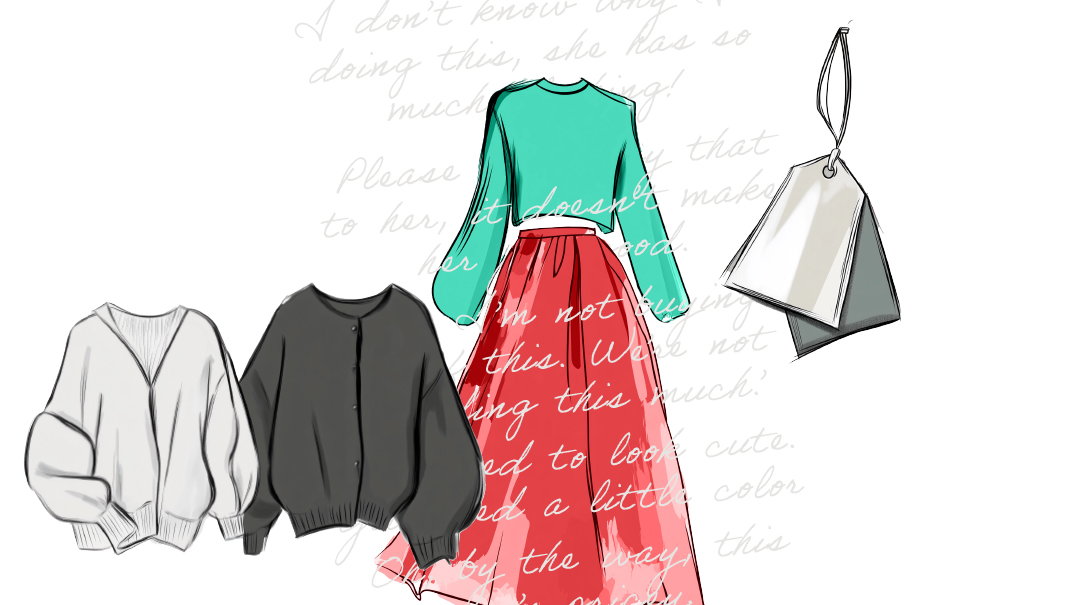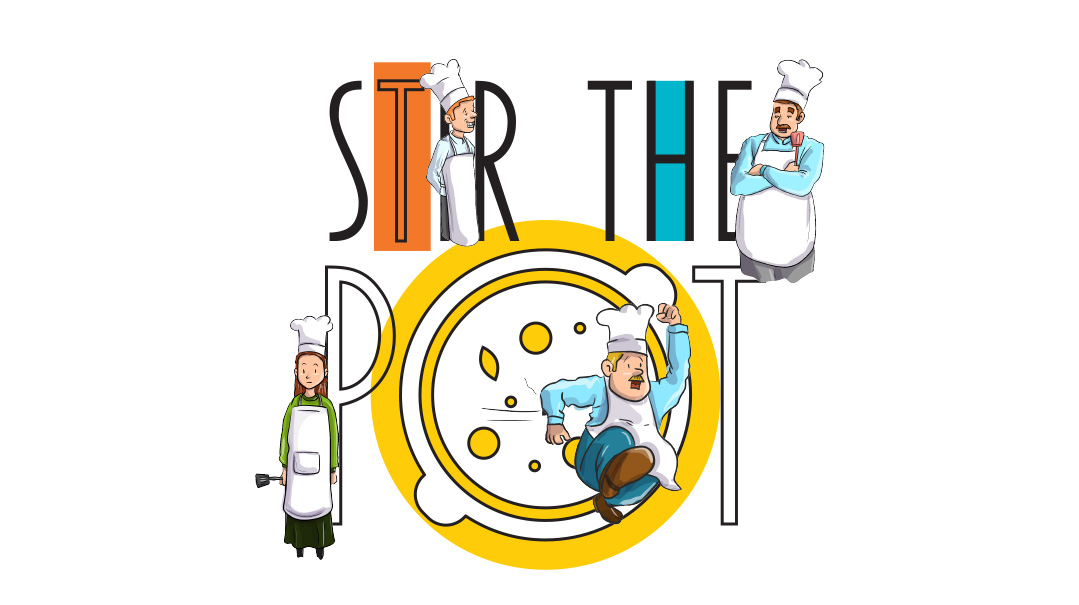Unprecedented
| December 19, 2023Five women share their experience navigating uncharted waters

It was a pivotal moment — and they felt lost, uncertain. They’d never been there before, had no experience to draw from. And neither had their usual mentors. Now what?
Five women share their experience navigating these uncharted waters.
Fitting Precedence
Sarah Moses Spero

I’m not sure there is anything more unprecedented than a Holocaust survivor who is marrying off their own child. Two Holocaust survivors married to each other and doing the same? A double victory.
My parents didn’t speak of their wartime experiences other than the whispered slip of a tongue or a runaway comment. We knew that my father was carried out of Auschwitz (half dead) in a wheelbarrow and my mother was in three different work camps. It’s not just that my parents didn’t speak of their experiences. We knew, from a very young age, not to ask.
Their own wedding took place in Europe (before they eventually crossed the Atlantic) and was celebrated with other survivors, my mother wearing a borrowed dress that many of the other young women wore, altered to fit each individual bride. I’m almost certain there was no smorg. Actually, I’m not even sure there was a wedding meal.
Each was the sole survivor of their immediate family. No grandparents, mothers, fathers, siblings, aunts or uncles, though my mother did have a few of her first cousins who survived — some with brothers and sisters of their own.
Because my parents were blessed with three daughters, my wedding was their first joint public simchah, and some of those same cousins did trek all the way from New York.
To this day I’m not sure how they arranged such a large wedding in Pittsburgh (my father was a rabbi there at the time), when I was marrying a boy from Cleveland, another bustling Jewish metropolis, three hours away.
There were no alternatives for wedding gowns other than to purchase one. That’s how we found ourselves in the bridal department of the upscale Joseph Horne Company on Penn Street in downtown Pittsburgh ordering a custom-made off-white, fitted Peau de Soie gown complete with Alencon lace and a matching satin and beaded pearl floral headpiece. When I close my eyes, I can still feel the softness of the satin, and see the handsewn pearls that trimmed the neckline.
The sleeves had the de rigueur fabric point at the wrist and the bodice was trimmed in lace that matched the pleated train (which unhooked for the dancing).
The dress I tried on was a sample, and when the seamstress arrived, her neck was draped in a tape measure, and she was carrying a hem chalk-baster. There was a stuffed pin cushion attached to her wrist with elastic.
As soon as she began to speak, my mother detected her German accent. Her back stiffened. I immediately realized that this was the seamstress’s first encounter with a survivor. “We didn’t know,” she kept muttering over and over again, afraid to look my mother in the eye. My mother’s silence was deafening. She didn’t say a word and let her finish her work. The measurements were noted and taken, and the gown ordered.
Once the dress arrived a few short months later, we returned to Penn Street and to the now familiar bridal department for the first fitting. I tried on this beautiful new gown and because I’d lost weight from the time the gown was ordered until it had arrived (the first and last time that this has happened to me), we needed it to be altered. The seamstress who arrived was not the one who had originally worked with us. My mother quietly inquired if that first seamstress was working that day, and was told that she was. “Please ask her to come back,” she requested. “I specifically want her to fit my daughter’s wedding gown.”
I cannot fathom the courage it took for my mother to do that. Nor can I quite understand what followed. As soon as that seamstress made all the markings for the adjustments that had to be made, my mother asked the salesperson to please pack up the dress because we were taking it home and she would have someone else do the actual alterations.
I never asked my mother why she did that. I don’t know if she herself quite understood or had the words to describe it. Maybe, just maybe, silence can roar.
Perhaps it was pride. Perhaps it was my mother’s sense that even within those few moments, there was some sense of justice. Whatever it was, she wanted this woman to see that we, as a people and as a nation, would continue, would thrive, and would go on to build our lives anew.
Oops! We could not locate your form.







